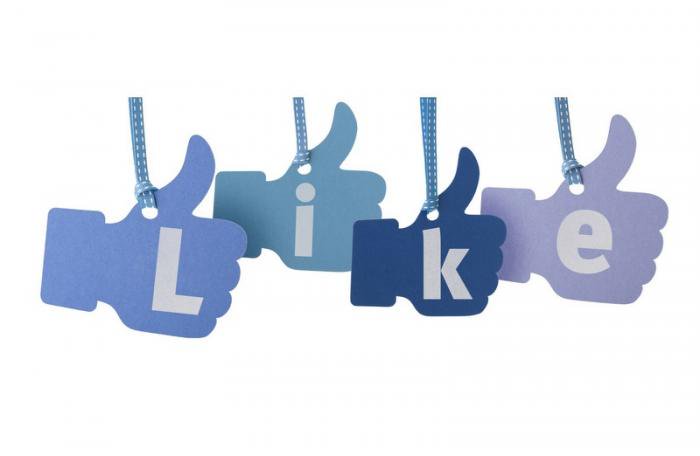Business Buzz: How much is a “like’ worth?

PHUKET: A ‘like’ is a measure on Facebook of how popular a page or a post is with other Facebook users.
Someone recently asked me what a ‘like’ on Facebook was worth to a business. It started me thinking, could an actual value be placed on a ‘like’? The answer of course is yes, but for each business this value would be different.
The first thing to appreciate is that any legitimate ‘like’ or ‘share’ will have a positive value and impact on your business. This is because people place more value on positive peer recommendations than advertising, and Facebook does this very well by showing us who in our circle of influence also likes a particular post, page or newsfeed item.
Secondly, to be able to determine useful information a business must know the statistics and values at each step of its sales and marketing process. Every business should already know these numbers if they take their marketing seriously.
Now, to actually measure the value of a ‘like’ or ‘share’ would be determined by each individual business, their sales and marketing funnel, capture methods, conversion rates and, of course, the actual unit revenues and profit margins for their product or service.
So the value of a ‘like’ would be the revenue (or profit) generated by the sales from the relevant post or page, divided by the number of ‘likes’.
If we represent this concept in terms of a simple formula it would look like this:
Value of a Like (v) = number of sales (n) x $ profit per item sold (r) / number of Likes (l).
The important factor is that the net profit from the increase in sales per ‘like’ is more than the cost of attracting a new ‘like’ (note that we are looking at profit here, not revenue), otherwise all we are doing is just undertaking a very expensive branding exercise.
Let’s use a live example. Recently we designed a post for a client and boosted it for 500 baht. The ad generated 610 ‘likes’, 8 ‘shares’ and 75,000 baht in revenue.
In our example v = 75,000 / 610 or 122 baht per ‘like’. Our cost of a ‘like’ was 500 / 610 which was 0.85 baht per’ like’.
Each ‘like’ was costing less than a baht and generating 122 baht in profit. Overall this was an incredibly profitable campaign.
And the same formula would apply to any business.
There are other benefits too. A ‘like’ or ‘share’ immediately has a positive impact on perception. Our friends see it and trust our opinion and experience. It also means that Facebook users know that the content is popular, and in return they reward the content by sharing it with more people. If people are engaging in their posts, Facebook rewards them with more impressions and cheaper rates.
Remember, most people follow trends as opposed to starting them, so this has a very positive benefit.
So if your post leads to a positive interaction, respondents will move into your sales funnel, generate interest, then a sale.
Once there, we can accurately measure the sales value that results. Knowing these figures, we can then see if our Facebook advertising is working. If we are not getting a positive return then we need to look at the ads or posts we are using, and how that links with our sales funnel in generating sales.
If we analyze each marketing process, we can soon see where we have a weakness and improve it.
The end result – we can make our ‘likes’ worth even more, and that means more money in the bank.
Simon Wetherell is a social media expert and lawyer. He trains businesses and individuals on how to profit from the social media industry. For more information visit PhuketOnlineMarketing
School.com or call 095-085 3355.
— Simon Wetherell
Latest Thailand News
Follow The Thaiger on Google News:


























